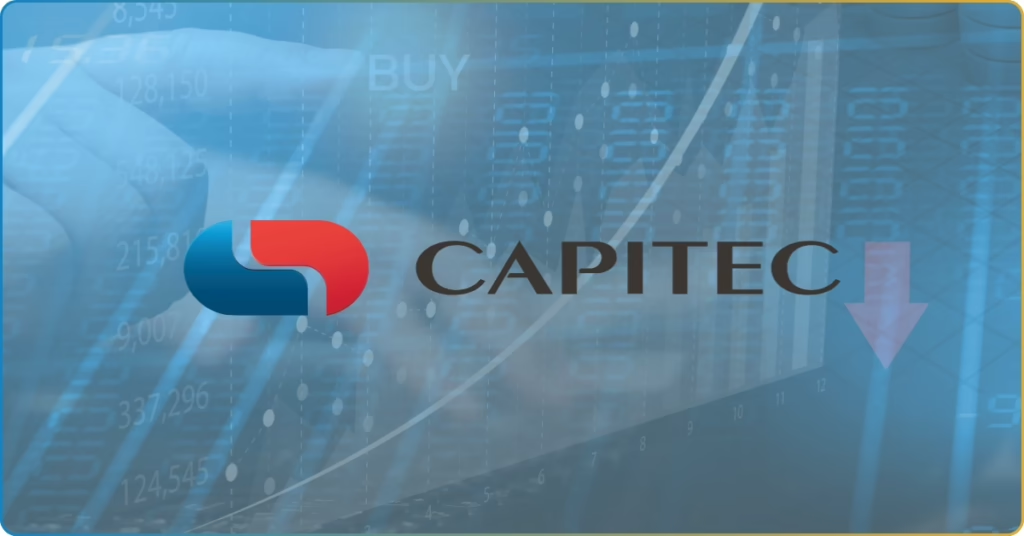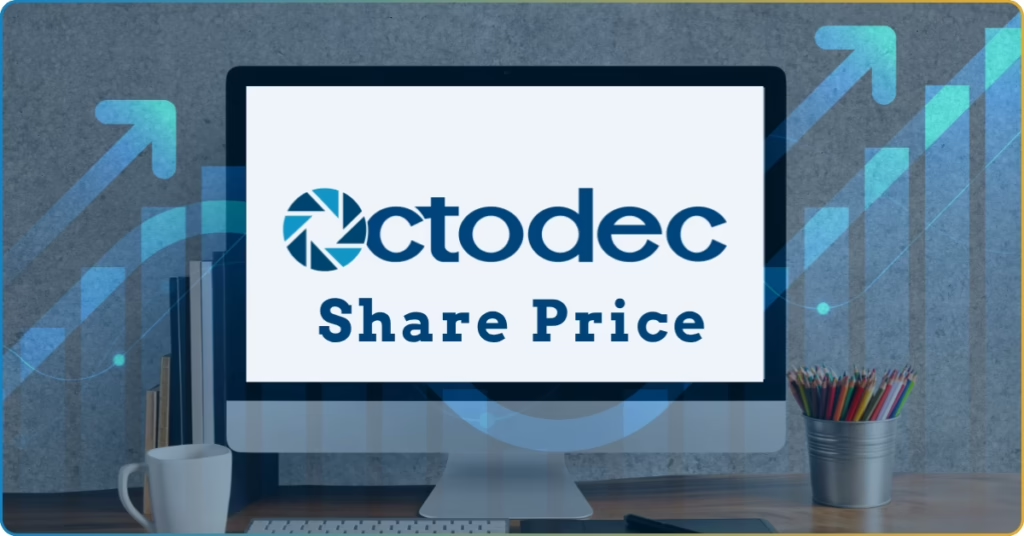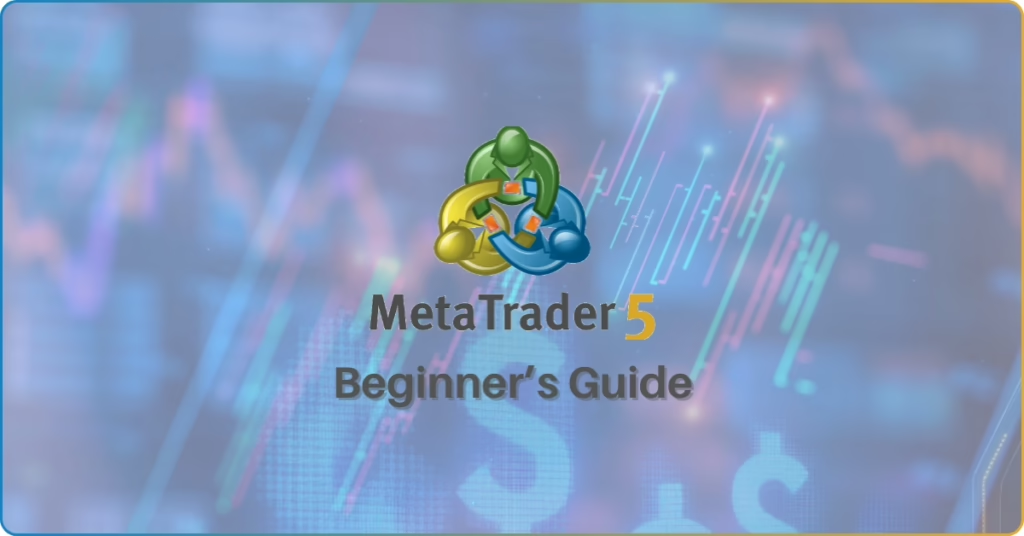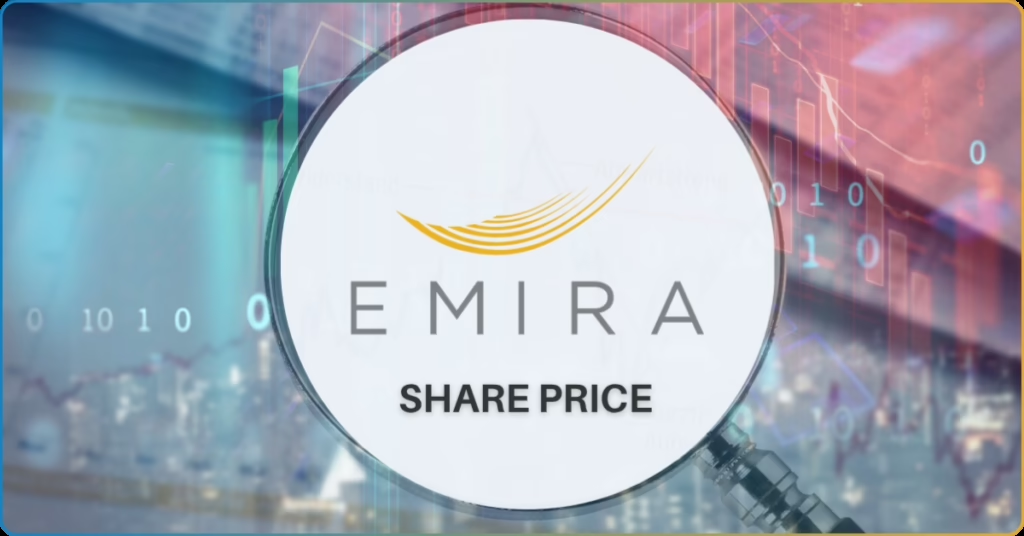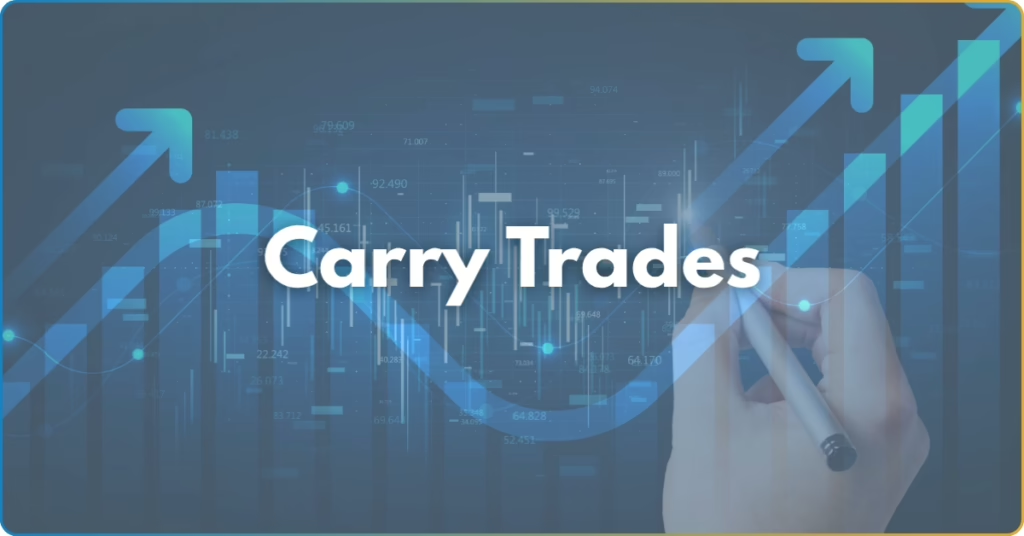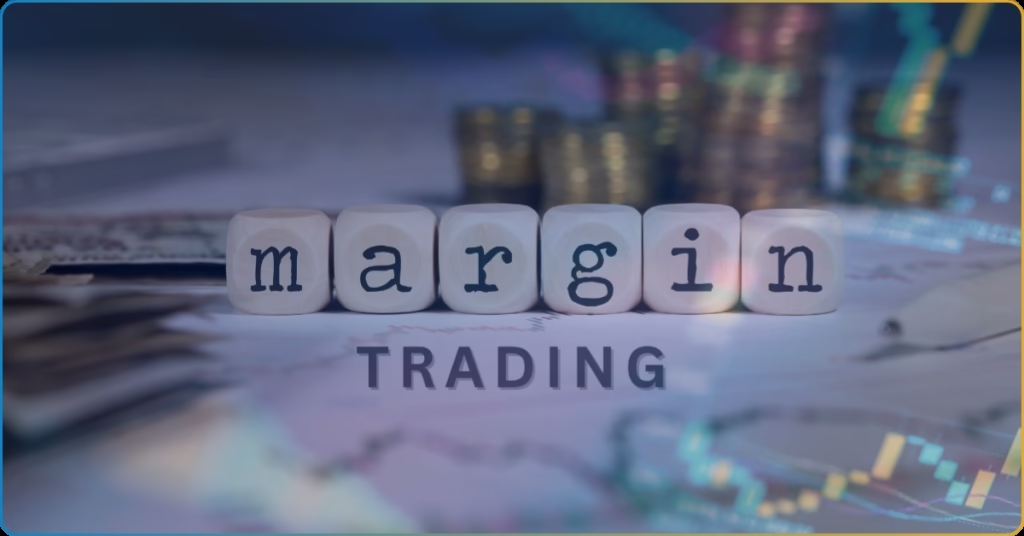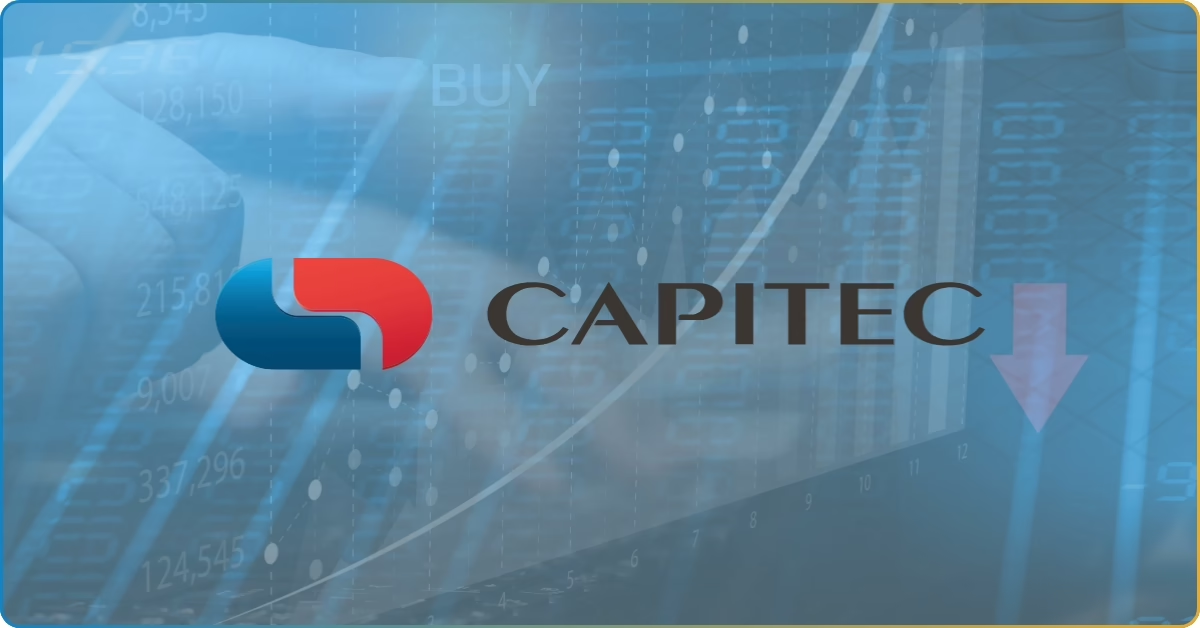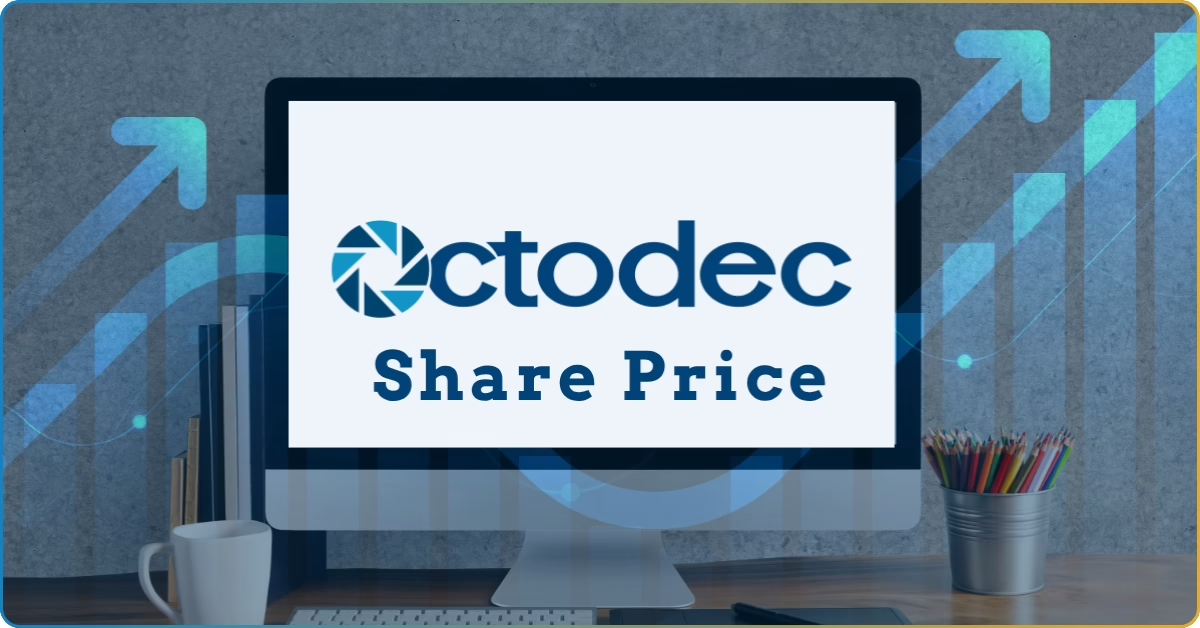If you’re the type of person who just wants to profit from online trading without breaking the bank, then Contract-for-Difference (CFD) trading might be the right investment that suits you.
The best thing about CFD trading is that short-term traders can take advantage of South Africa’s popular assets. Imagine investing in a wide variety of financial instruments (gold, platinum, oil) without actually owning these assets. It also encompasses stocks, cryptocurrency, and forex.
So, how does this whole thing work? In this TRU Insight, all your questions are answered—from what CFD trading is, how it works, to the risks and regulatory awareness.
Read on because we’ve got recommendations for the best brokers you can start with.
What is CFD Trading?
CFD stands for “Contract for Difference.”
It is a derivative that lets traders speculate on price movements without owning the underlying asset. Technically, you don’t actually possess shares or assets. Instead, you enter a contract with your broker that you’ll complete the transaction on or before the expiration date.
And this contract allows you to profit (or loss) from the difference between your buying and selling prices.
How does CFD Trading work?
To put it simply, this type of trading use leverage. This means you only need to deposit a small fraction of the notional value of the trade, known as the margin. In this setup, the investor and broker agree to exchange the difference between the opening and closing prices of the asset.
This is why some traders prefer this since it allows them to use their capital more efficiently. However, every trader must be equipped with the right knowledge before entering this strategy.
As a seasoned trader who uses this type of trading, I have gained intellectual literacy by learning about CFD in reputable communities like CommuniTrade.
This is where thousands of verified users join a genuine community that helps one another. By sharing insightful suggestions, helpful blogs, and educational tools, you’ll never feel overwhelmed when starting your trading journey.
3 Top Brokers of CFD Trading in South Africa
The first step of finding the right CFD broker in South Africa might be an overwhelming task to begin with. Here are the top picks, regulated under the FSCA, with solid reviews to help you trade confidently.
AvaTrade
AvaTrade is widely known as a competitive CFD broker. It offers a wide range of contract options and benefits from a robust global regulatory framework, providing traders with peace of mind and competitive trading conditions.
| Legal Name | Ava Capital Markets Pty Ltd. |
| FSCA License number | FSP 45984 |
| Minimum Deposit | USD 100 |
| Trading Fees | Tight spreads with zero commission |
| CFD Instruments | Forex, commodities, indices, shares, cryptocurrencies |
| Platforms | MetaTrader 4, MetaTrader 5, AvaTradeGO |
While AvaTrader is a good broker, it’s worth noting that their inactivity fee and certain CFD trading fees may be a drawback for casual traders.
Read our Full AvaTrade Review: AvaTrade Broker Review 2025: Fees, Features, and Regulations
Exness
Exness is a leading trading broker in South Africa, known for its ultra-low spreads and lightning-fast execution, which makes it ideal for traders looking to maximize short-term positions.
| Legal Name | Vlerizo (Pty) Ltd |
| FSCA License number | FSP 51024 |
| Minimum Deposit | USD 10 |
| Trading Fees | Zero commission with low spreads |
| CFD Instruments | Forex, energies, metals, indices, cryptocurrencies |
| Platforms | MetaTrader 4, MetaTrader 5, Exness Terminal |
On the other hand, one of Exness’ disadvantages is its limited educational tools.
Read our Full Exness Review: Exness Broker Review: 2025 Complete Guide Update
Tickmill
Tickmill ranks among South Africa’s top CFD brokers for its transparency, low fees, and professional-grade trading conditions, which are suitable for both retail and experienced traders.
| Legal Name | Tickmill South Africa (Pty) Ltd |
| FSCA License number | FSP 49464 |
| Minimum Deposit | USD 100 |
| Trading Fees | Very low spreads with commission-based accounts available |
| CFD Instruments | Forex, stock indices, commodities, bonds, cryptocurrencies |
| Platforms | MetaTrader 4, Tickmill Web Trader |
Tickmill’s limited range of proprietary research tools is its slight downside for traders who rely on broker-based market insights.
What is the Importance of a Regulatory Background on CFD Trading?
As a trader in South Africa, a must-have piece of knowledge you should be aware of is the regulatory framework. Awareness can save you time, energy, and money. Therefore, you should be familiar with the financial authority in South Africa, which is the FSCA.
The FSCA (Financial Sector Conduct Authority) ensures that CFD brokers operate transparently, protect client funds, and follow strict financial standards. Trading with an FSCA-regulated broker means your money is safer, disputes can be addressed legally, and the broker is held accountable for fair practices.
Without regulation, you risk falling into scams or dealing with brokers who may manipulate prices and trades without any legal consequences.
Read more: How to Find Financial Service Providers with FSCA Regulation in 2025
How to do CFD Trading in South Africa? Step-by-step Guide
CFD Trading in South Africa is simple if you follow the strategy that is tabulated below:
Step 1: Open a CFD trading account.
Register online with your chosen broker by providing your FICA documents, such as your ID and proof of residence, for verification purposes.
Step 2: Fund Your Trading Account.
Deposit funds through accepted methods, such as bank transfer or credit card, to start trading CFDs. Minimum deposits can range from USD 10 to USD 100, depending on the broker.
Step 3: Choose your CFD instrument.
Decide whether to trade forex, commodities, indices, stocks, or cryptocurrencies based on market analysis.
Step 4: Analyse the market.
Utilize technical and fundamental analysis tools, such as those provided in platforms like MetaTrader 4, MetaTrader 5, or proprietary apps, to identify trade opportunities.
Step 5: Place your trade.
Open a buy or sell position depending on whether you think the price will rise or fall. Always set your stop-loss and take-profit levels.
Step 6: Monitor your trade.
Regularly track your open positions and adjust them as needed, based on market news and technical signals.
Step 7: Close your trade to realize profit or loss.
Once your trade hits your set targets or if the market conditions change, close your position manually or let your stop loss/take profit activate.
Read more: TradersUnited – Unrealized and Floating P/L in Forex
Step 8: Review your trading performance.
Assess your trades to learn from wins and losses, refining your trading strategy continuously.
What are the Pros and Cons of CFD Trading?
While this type of trading might be convincing at this point already, it’s important to still weigh in on your decisions when entering this type of trading.
| Pros | Cons |
|---|---|
| Access to global markets without owning underlying assets. | High leverage can amplify losses rapidly. |
| Ability to trade in both rising and falling markets (short selling). | Overnight fees can accumulate if positions are held for an extended period. |
| Lower capital requirements compared to traditional trading. | Counterparty risk if the broker is unregulated or unreliable. |
| No stamp duty is applicable in South Africa on CFDs. | Complex products are not suitable for beginner traders without education. |
| Advanced platforms with tools for technical analysis and automation. | Volatile price movements require strict risk management. |
Frequently Asked Questions (FAQs)
Is CFD trading Legal in South Africa?
Yes, it is legal in South Africa if you trade through a regulated broker licensed by the FSCA.
Does CFD trading have tax in South Africa?
Yes, profits from CFD trading are subject to tax in South Africa as part of your taxable income. Traders must declare them under capital gains or income tax, depending on the trading frequency.
What is CFD in forex?
In forex, CFD is a derivative that allows you to speculate on currency pair price movements without owning the underlying currencies.
Final Verdict: Is CFD Trading Worth it in 2025?
CFD trading remains a popular choice in 2025 for South African traders seeking flexible market access with lower capital requirements. However, it demands strict risk management. Overall, if executed strategically with the right broker, CFD trading can be worthwhile for traders seeking to diversify their portfolios.
Moreover, it is also notable to mention that some experts on CommuniTrade had good experience with CFD trading. The key is to have a good selection of reliable CFD brokers within a reputable trading community. Get access to verified insights from your fellow traders and experts in CommuniTrade.


